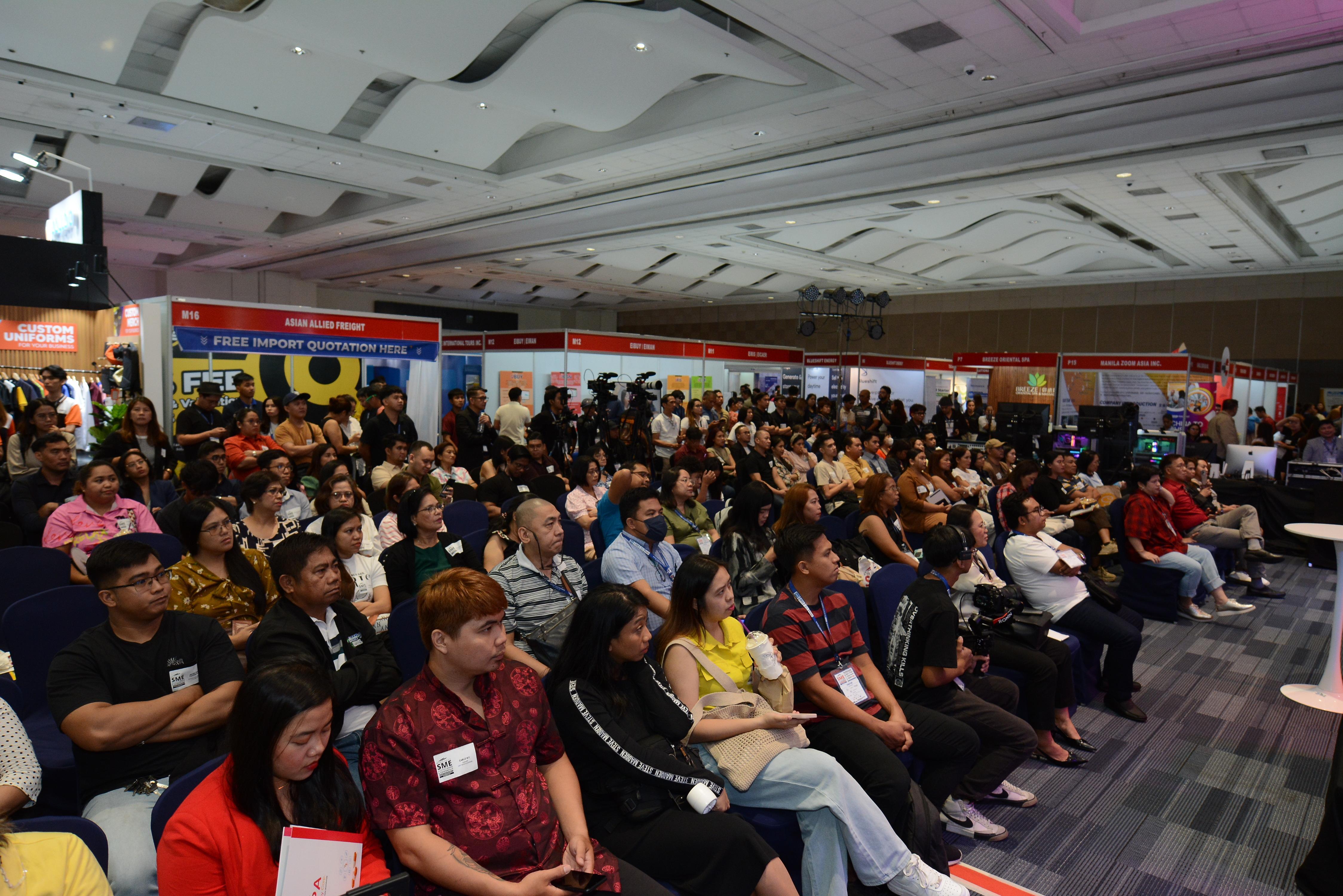You may be liable for U.S. self-employment taxes if you have become an independent contractor either for a new employer or a foreign employer with no ties to the U.S.
U.S. citizen residing abroad is subject to self-employment tax as though you reside in the U.S. unless an agreement between the U.S. and the country in which you reside exempts you from self-employment tax under bilateral social security or totalization agreement.
What You Need to Know as a Self-Employed U.S. Worker Abroad:
• File Form 1040 and pay income tax.
• Pay social security and medicare tax unless subject to exception of a totalization agreement.
• You must file a schedule C with your U.S. income tax return and self-employment tax paid on your net earnings by filing schedule SE.
• The self-employment tax rate is 15.3 % of net earnings from self-employment before any foreign income exclusion.
• You must pay self-employment tax if your annual net earnings from self-employment are at least $400.
• The maximum amount of net earnings from self-employment subject to the social security tax is $118,500 for 2016 and estimated to increase to $126,000 in 2017.
• Net earnings are subject to the medicare tax.
• Totalization agreement generally provide that self-employment income earned while working and residing in a foreign country is exempt from US self-employment tax to the extent it is subject to taxes or contributions for social security of the foreign country in which you are working.
• You must secure a statement from the foreign government to substantiate your exemption from self-employment tax or ask from the social security administration to issue you one.
• You cannot claim any credits to offset your self-employment tax. The credits allowed against income tax will not reduce your self-employment tax.
• If you divide your work between the U.S. and a foreign country, you may fail to qualify for retirement, survivors or disability insurance benefits from one of both countries if you have not worked long enough to meet benefit eligibility requirements.
• Under a totalization agreement you may qualify for partial benefits based on combined or totalized coverage credits from both countries.
• To qualify for benefits under the U.S. social security program, you must earn enough work credits to meet specified requirements.
• Under a totalization agreement if you have some U.S. coverage but not enough to qualify for benefits, the SSA will count periods of coverage that you earned under the social security program of an agreement country.
• Under the totalization agreement you may wish to file a claim for benefits at any social security office in the U.S. or foreign country.
In accordance with IRS Circular 230, this communication is not to be considered a “covered opinion” or other written tax advice and should not be relied upon for IRS audit, tax dispute, or any other purpose.
* * *
Sy Al-os Accountancy Corporation provides accounting and tax services to individuals, corporations, LLCs and business entities. The Firm has a niche in defending taxpayers audited by the IRS and other governmental agencies.






